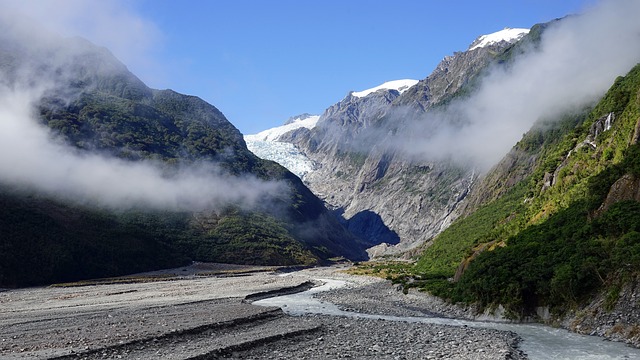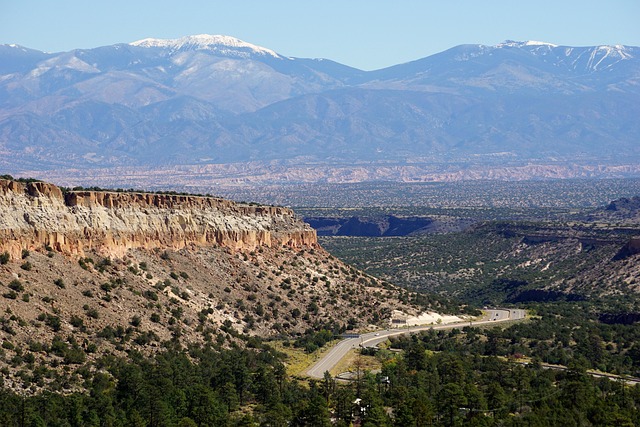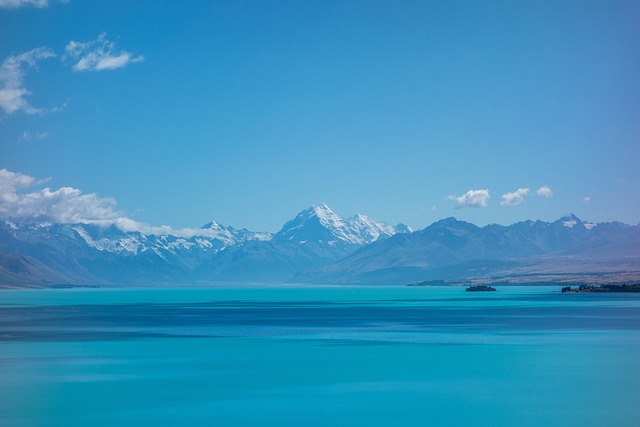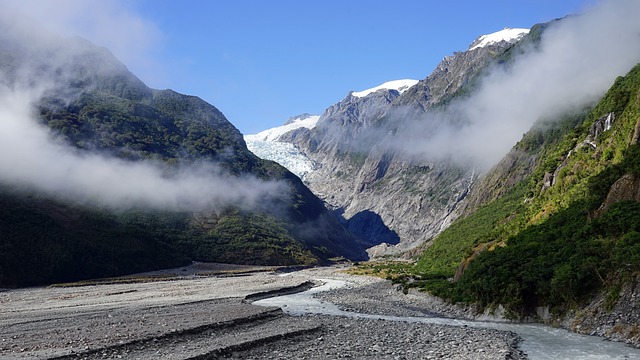Karachi, Pakistan's economic powerhouse, mirrors global trends through its dynamic media landscape. The city's economy, driven by trade, industry, and finance, evolves with digital transformation and sustainable energy solutions. Local newspapers and digital platforms highlight shifts in employment, infrastructure, and quality of life. Karachi's economic story is a tapestry woven into daily headlines, reflecting resilience and adaptability to global changes. Technological advancements disrupt traditional sectors while new tech-driven economies thrive. Political instability, however, poses significant challenges to long-term growth. Media plays a crucial role in shaping public perception and guiding economic decisions, offering insights into Karachi's ever-changing economic narrative.
Economic shifts manifest in the daily news cycle, offering a window into cities like Karachi, a microcosm of global trends. This article delves into how Karachi’s economic landscape reflects broader patterns, analyzing the rise and fall of industries through local headlines. We explore technological advancements’ impact, globalization’s role, and political instability’s echo. By examining media reports, we predict future economic shifts in Karachi, providing insights crucial for understanding cities worldwide.
- Karachi's Economic Landscape: A Microcosm of Global Trends
- The Rise and Fall of Industries: A Daily Headline Story
- Impact of Technological Advancements on Local Economies
- Uncovering the Connection: Globalization and Karachi's News Cycle
- Political Instability and Its Economic Echo in City Headlines
- Future Forecasts: Predicting Karachi's Economic Shifts from Media Reports
Karachi's Economic Landscape: A Microcosm of Global Trends

Karachi, Pakistan’s economic powerhouse and a bustling metropolis, serves as a microcosm reflecting global economic trends. Its dynamic economy, driven by trade, industry, and finance, is a barometer for the rest of the country. As global markets shift, the city’s headlines often bear the brunt of these changes. For instance, the recent surge in digital transformation has significantly impacted Karachi’s traditional business sectors, with headlines highlighting startups, e-commerce growth, and technological innovations.
This coastal city’s strategic location has long made it a hub for international trade, and this remains evident today. Economic shifts, such as the rise of sustainable energy solutions or global supply chain disruptions, are swiftly mirrored in Karachi’s media landscape. Local newspapers and digital platforms provide insights into how these trends influence employment, infrastructure development, and the overall quality of life in what is often considered Pakistan’s economic heartbeat.
The Rise and Fall of Industries: A Daily Headline Story

The economic landscape of Karachi, like that of many cities worldwide, is a dynamic narrative woven into the fabric of daily headlines. The rise and fall of industries offer a captivating story, reflecting the city’s resilience and adaptability to shifting global trends. Once bustling hubs of manufacturing or traditional trades might find themselves in decline as new sectors emerge, capturing the attention of investors and media alike. This ebb and flow is constantly mirrored in the local news, painting a vivid picture of Karachi’s economic evolution.
For instance, the gradual shift from a heavily industrialised city to a tech-driven economy is evident in the changing focus of headlines. While traditional industries struggle to adapt, startups and digital enterprises are taking center stage, attracting both domestic and foreign investments. This transformation is not merely an economic one but also shapes Karachi’s cultural identity, with new jobs and opportunities redefining the city’s social fabric.
Impact of Technological Advancements on Local Economies

Technological advancements have brought about significant shifts in global economies, and Karachi, as a bustling metropolis, is no exception. The digital revolution has transformed local businesses and industries, creating new opportunities while disrupting traditional sectors. Online marketplaces and e-commerce platforms, for instance, have revolutionized the retail landscape, offering convenience to consumers and challenging brick-and-mortar stores in the heart of Karachi’s vibrant business districts.
Additionally, technological innovations like automation and artificial intelligence are reshaping the job market. While these advancements streamline processes and boost productivity, they also raise concerns about potential job losses in certain sectors. This prompts a need for reskilling and upskilling initiatives to prepare the workforce for the changing demands of Karachi’s economy.
Uncovering the Connection: Globalization and Karachi's News Cycle

In the globalized world, cities like Karachi reflect the broader economic shifts playing out on the international stage. The news cycle in Karachi is a fascinating microcosm that mirrors the interconnectedness of our times. As globalization has intensified, the city’s headlines have become increasingly diverse and dynamic. Economic developments across borders are no longer isolated events; they quickly make their way into Karachi’s media landscape. This bi-directional flow means local issues gain global context while global news is filtered through a Karachi lens, shaping public discourse and awareness.
For instance, changes in international trade policies directly impact the port city’s economy, leading to discussions on headlines such as “Karachi’s Role in Global Trade: Challenges and Opportunities.” Similarly, technological advancements are swiftly adopted and adapted, with local news covering innovations that originate from Silicon Valley or East Asian tech hubs, highlighting Karachi’s digital transformation. This constant interplay between global trends and local reporting enriches the city’s news cycle, making it a vibrant barometer of our increasingly interlinked world.
Political Instability and Its Economic Echo in City Headlines

Political instability, a persistent specter in many nations, often finds its mirror in the economic landscape and the city’s headlines. Karachi, Pakistan’s economic powerhouse, serves as a vivid example where political turmoil has directly translated into economic shifts, reflected in the local media’s coverage. The city’s newspapers frequently report on the impact of government changes, policy reversals, and political protests on business activities and investment climates.
Unstable political conditions have led to volatility in Karachi’s stock market, with headlines often highlighting the flight of foreign investors seeking safer havens. Additionally, frequent changes in local administration have resulted in inconsistencies in economic policies, creating an uncertain environment for businesses. This is evident in the media’s continuous discourse on how political instability hinders long-term economic growth and development, making it a significant topic of discussion in Karachi’s daily headlines.
Future Forecasts: Predicting Karachi's Economic Shifts from Media Reports

The media plays a pivotal role in shaping public perception and setting the tone for future economic shifts in bustling metropolises like Karachi. By analyzing daily headlines, one can predict potential trends and gains insights into the city’s economic narrative. Reports often reflect the pulse of the market, highlighting emerging sectors, investment opportunities, and challenges faced by the local economy. For instance, a surge in coverage about renewable energy projects could indicate a forthcoming shift towards sustainable practices, while frequent mentions of real estate developments might hint at an impending boom in infrastructure and construction.
Karachi’s economic landscape is ever-evolving, and media reports serve as a barometer for these changes. By closely monitoring the city’s news cycle, economic forecasts can be made with increased accuracy. This predictive analysis allows businesses, investors, and policymakers to stay ahead of the curve, making informed decisions in response to emerging trends. Thus, the media becomes a powerful tool not just for informing the public but also for shaping Karachi’s economic future.
Karachi, as Pakistan’s economic powerhouse, reflects global trends in its news cycle. The city’s headlines tell a dynamic story of shifting industries, technological impacts, and political influences. By analyzing these daily narratives, we gain insights into Karachi’s future economic shifts, offering a glimpse into the city’s ability to adapt and thrive in an ever-changing global landscape. This study underscores the significance of media reports in predicting economic transformations, both locally and regionally, particularly in a bustling metropolis like Karachi.
